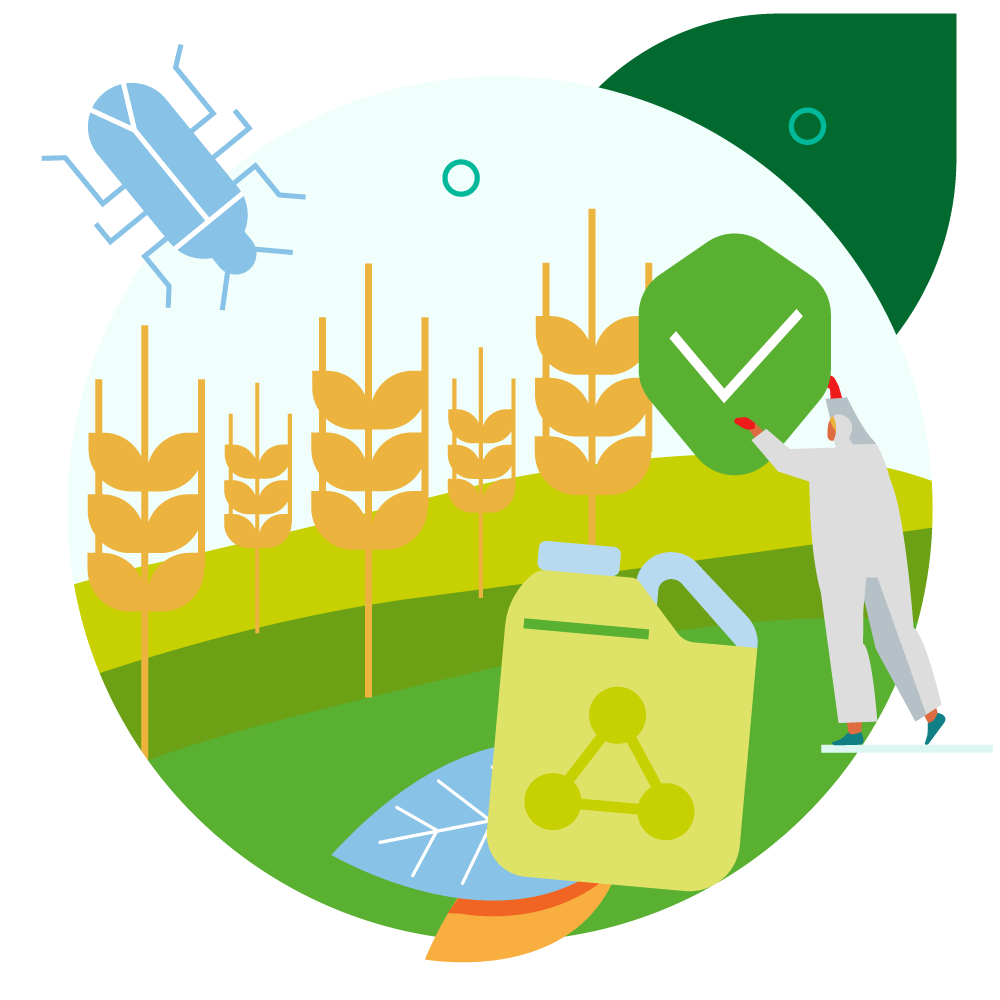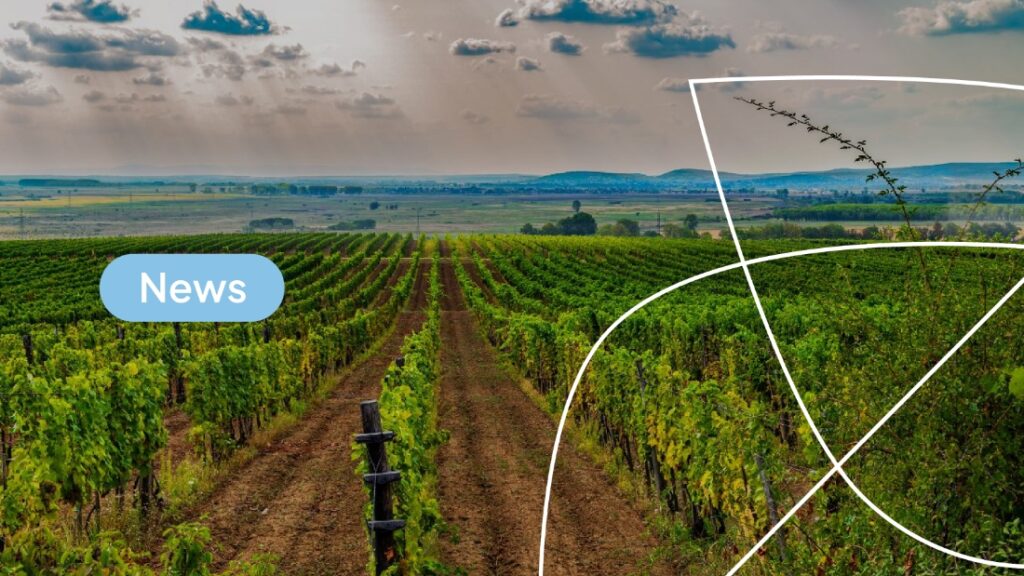We embrace the ambitions of the EU Green Deal and Farm to Fork strategy and believe Europe’s farmers must have access to a full toolbox of innovative crop protection solutions to maintain their production as they transition to a more resilient and sustainable farming system.
Farmers’ Toolbox
EU farmers must have access to a full toolbox of crop protection solutions to maintain their production while transitioning to more resilient and sustainable farming. CropLife Europe wants to provide the most extensive toolbox possible.
To achieve this, farmers need access to all available tools to choose their preferred production model. These include conventional pesticides, biopesticides, plant biotechnology solutions and digital and precision technologies.
Our 2030 commitments for sustainable agriculture
We’ve made six ambitious commitments, clustered into three focus areas, all contributing to and aligning with the ambitions of the EU Green Deal.
Innovation & Investment
We’re investing €10 billion into innovation in precision and digital technologies by 2030, as well as €4 billion into innovation in biopesticides by 2030.
Circular Economy
We will establish an average 75% collection rate of plastic pesticide and biopesticide containers across EU Member States by 2025.
We will ensure container schemes are available in every EU Member State by 2025.
Protecting People
By 2030, we will train 1 million advisors and farmers on best management practices for farmer health protection – as well as for water and the environment.
To further reduce operator exposure, we will make Closed Transfer Systems (CTS) technologies available to 100% of European farmers and operators by 2030.






